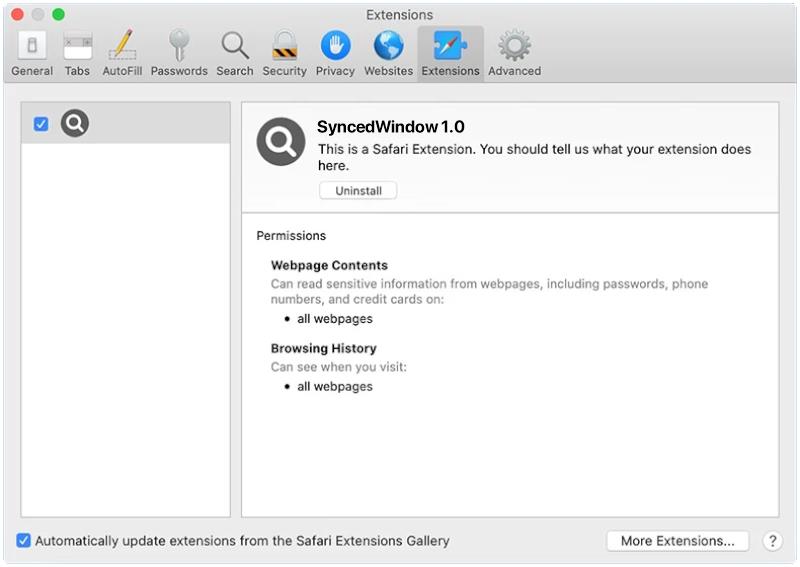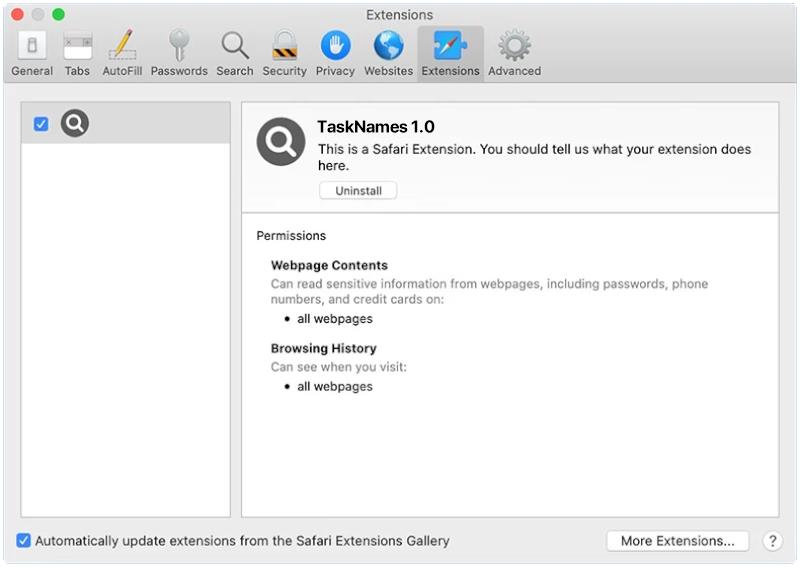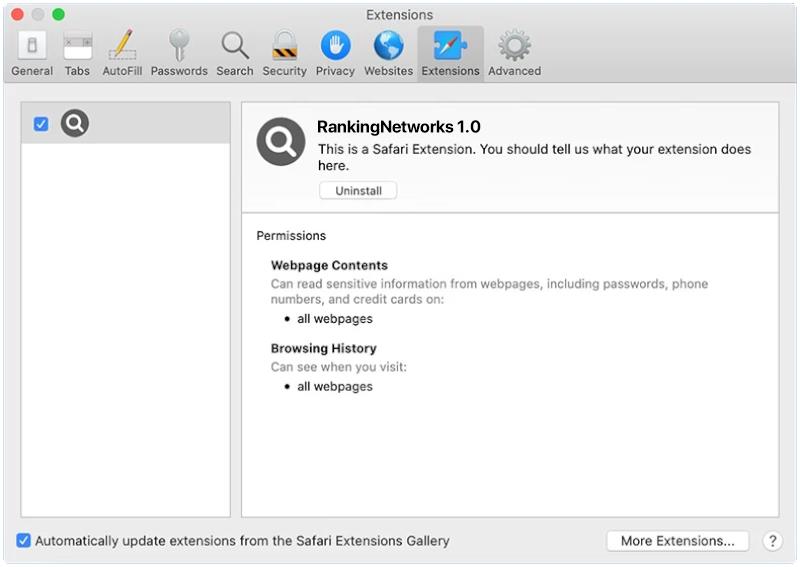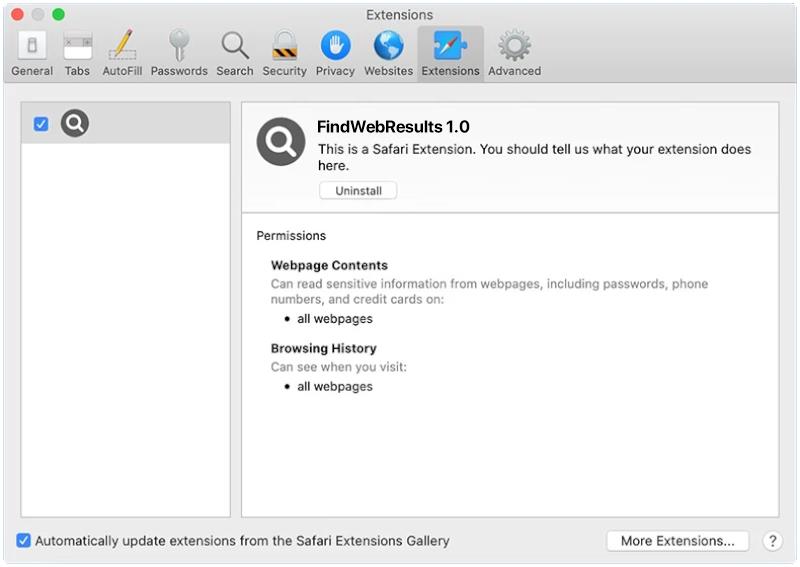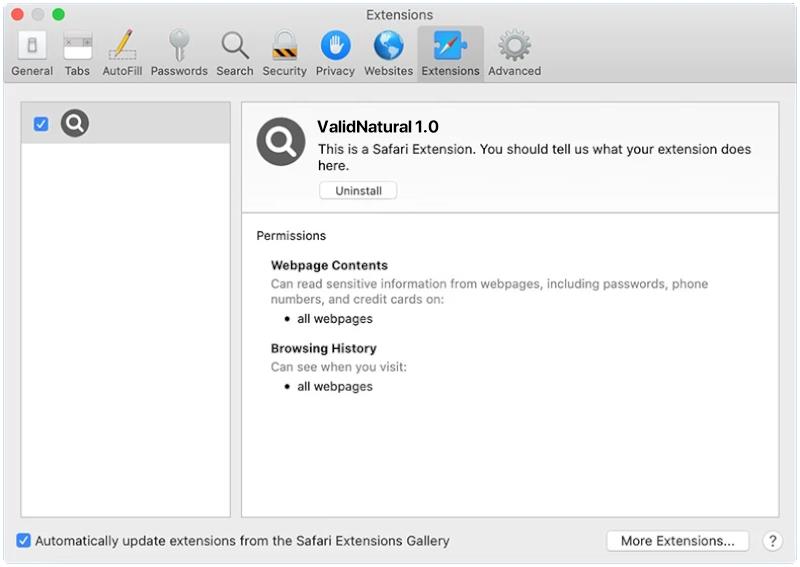SyncedWindow is a type of malware that specifically targets Mac computers. This malicious software is designed to infect Mac systems and carry out various harmful activities, such as stealing sensitive information, monitoring user activities, and delivering unwanted advertisements. SyncedWindow can infiltrate a Mac device through various means, such as phishing emails, malicious websites, or software downloads from untrusted sources.
Once SyncedWindow infects a Mac system, it can start running in the background without the user’s knowledge. This malware may collect personal data, track online activities, and even remotely control the infected device. SyncedWindow can also modify system settings, install additional malicious software, and create vulnerabilities that can be exploited by cybercriminals. It is important for Mac users to be cautious when browsing the internet, downloading software, and opening email attachments to prevent infections like SyncedWindow.

